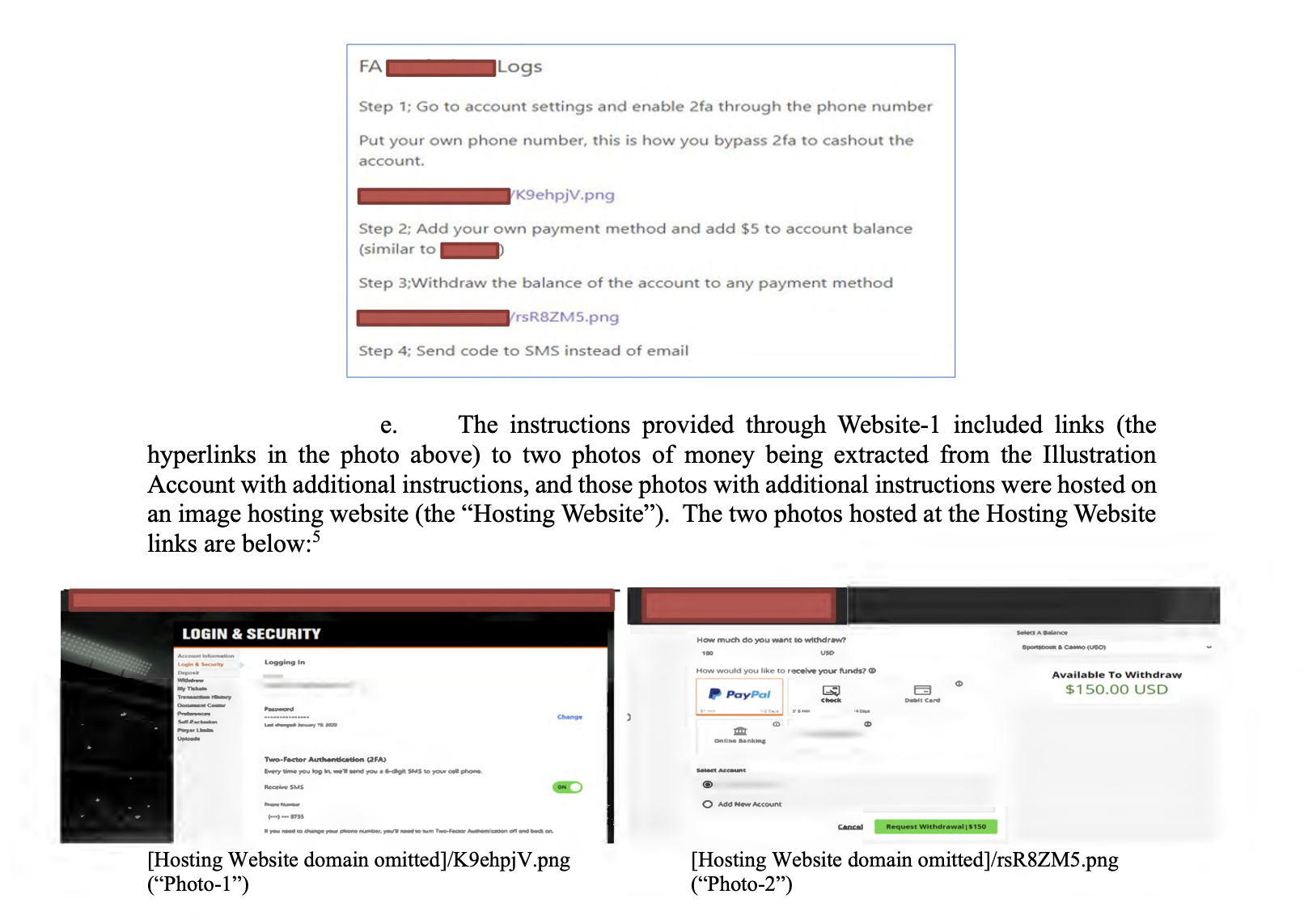Former Contractor Employee Charged for Hacking California Water Treatment Facility
A 53-year-old man from Tracy, California, has been charged for allegedly hacking into the systems of a water treatment facility in an attempt to delete critical software.
The suspect, Rambler Gallo, has been charged with “transmitting a program, information, code, and command to cause damage to a protected computer”, but this is a case of unauthorized access rather than actual hacking.
Gallo worked for a company contracted by the town of Discovery Bay in California to operate its water treatment facility, which serves 15,000 residents.
He worked at the company between 2016 and the end of 2020, and during this time he allegedly installed software that allowed him to access the facility’s systems from his personal computer.
After he resigned in January 2021, he used that remote access software to enter the water facility’s systems and “transmitted a command to uninstall software that was the main hub of the facility’s computer network and that protected the entire water treatment system, including water pressure, filtration, and chemical levels,” according to a press release from authorities in the Northern District of California.
Gallo faces up to 10 years in prison and a $250,000 fine.
It’s not uncommon for water facilities to be targeted, including by former employees. One of the most well-known incidents involves the water plant in Oldsmar, Florida. While initially it was believed that malicious hackers had tried to poison the water supply, recent reports said the incident did not involve any hacking and it may have actually been the result of human error.
Related: US Says National Water Supply ‘Absolutely’ Vulnerable to Hackers
Related: Former Ubiquiti Employee Who Posed as Hacker Sentenced to Prison
Related: Former Cisco Employee Sentenced to Prison for Webex Hack
Related: Bipartisan Bill Proposes Cybersecurity Funds for Rural Water Systems




